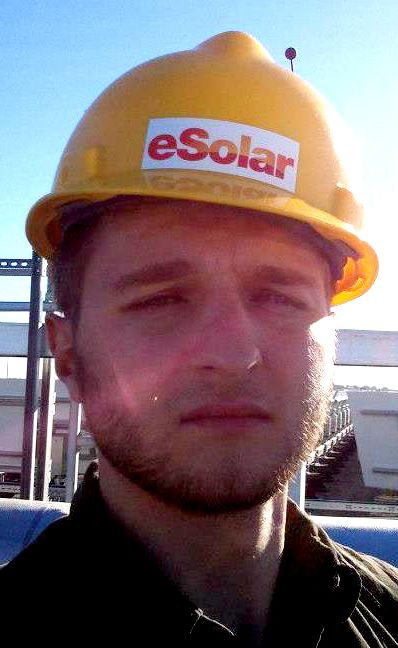
Interview: Jason Kaleko
– Jason Kaleko, Writer of Hold Up! (2012 Script Pipeline Contest Winner). Jason is currently developing new material with Script Pipeline development execs and other Pipeline industry partners.
Your winning script was touted by some of the judges as one of the best comedies that came through Script Pipeline in years—why do you think that is? Is writing comedy tougher than people think?
Comedy writing is tough because it’s such a fine line between the ludicrous that makes us laugh and the ludicrous that makes us roll our eyes. Comedy is rarely universal and even more rarely timeless. Austin Powers had people rolling in the aisles in the late 90s, but now, many people consider those films to be silly and corny. There seems to be a “you had to be there” element to all humor—but comedies like Tootsie or Dr. Strangelove persist because there’s a structure and wit to appreciate in addition to the laughs. I defy you to watch a film like Arsenic and Old Lace and not at least acknowledge the cleverness of the idea and execution.
I am greatly humbled to hear that my script was considered to be funny—I suppose if I had to pinpoint why I personally think it’s funny, it’s because each plot point and character starts as only slightly ridiculous, but ends up having major implications for the rest of the story. Soon, scenes that were initially smirks have been built upon until they become small laughs and eventually big laughs. . . kind of like a cycle of compounding ridiculousness. . . if that makes any sense.
How much success have you had in circulating your scripts in the past? Have you entered other contests?
I have had minor successes with previous scripts in contests—quarterfinalist and semi-finalist rounds for various other submissions, but never far past that. I submitted Hold Up! to a few contests and received similar results, but was elated at the response from Script Pipeline. Perhaps it speaks to the subjectivity of comedy that Hold Up! garnered a Grand Prize at Script Pipeline and only a quarterfinalist or first-round finish in other contests.
Alternatively, I believe it speaks to the need for writers to get their work out there and always keep writing, keep submitting. You just need one person to laugh out loud toget that foot in the door.
Do you stick to one genre, or write whatever you feel “clicks” at any given time?
I have ideas for a variety of genres—I’ve written horror, sci-fi/action, and like most writers, have a whole book of loglines for stories of all types. I think for writers like me, in their early stages, it’s important to find a strength and stick to it. Maybe you want to write that Grover Cleveland biopic or animated torture porn you’ve had your heart set on, but if you’re great with action or great with comedy, stick to that for now. All your bizarre writing dreams will be there waiting when you have the means to make them bizarre writing realities.
The Jason Kaleko writing process: how does it start? With the premise, with a single scene that spawns a completed script, a character. . . ?
My process starts in all varieties of ways—sometimes I have a moral dilemma I want to explore ... sometimes a crazy character ... sometimes I might be watching a movie and think, “What if that character had taken a left instead of a right turn there ... .” Good ideas can come from anything. Hold Up! came from spontaneously watching Airplane! and Ocean’s Eleven in the same week, and realizing how Ocean’s Eleven was a bad pun away from being absolutely outrageous.
What spurred you to write Hold Up? Any influences? TV shows, films?
I took the Tarantino approach to film and stole from everything I loved. Aside from parodying films like Dog Day Afternoon, The Inside Man, Reservoir Dogs, etc., I lifted my comedy stylings from classics like Airplane! and The Simpsons. We are only the sum of everything that has influenced us, and in that vein, writing is stealing, plain and simple. I always thought if I didn’t pursue screenwriting, I’d love to be a thief or crook of some kind. Maybe a counterfeiter—I hear there’s good money in it (rimshot).
In capturing humor and comic timing, which is no easy feat, what’s the number one most important factor, to you?
To me, comedy is about catching the audience off-guard and also rewarding them for ‘getting it.’ Most educated audiences these days can figure out the punch-lines to jokes before they’re even said. With this in mind, anti-humor is a great tool (“A dyslexic man walks into a bra”). As for rewarding the audience, Family Guy‘s success suggests referencing pop culture is so rewarding that you may not even need a punch-line, but I believe a good recurring or running joke gives a bit of ‘reward’ that standalone lines don’t.

